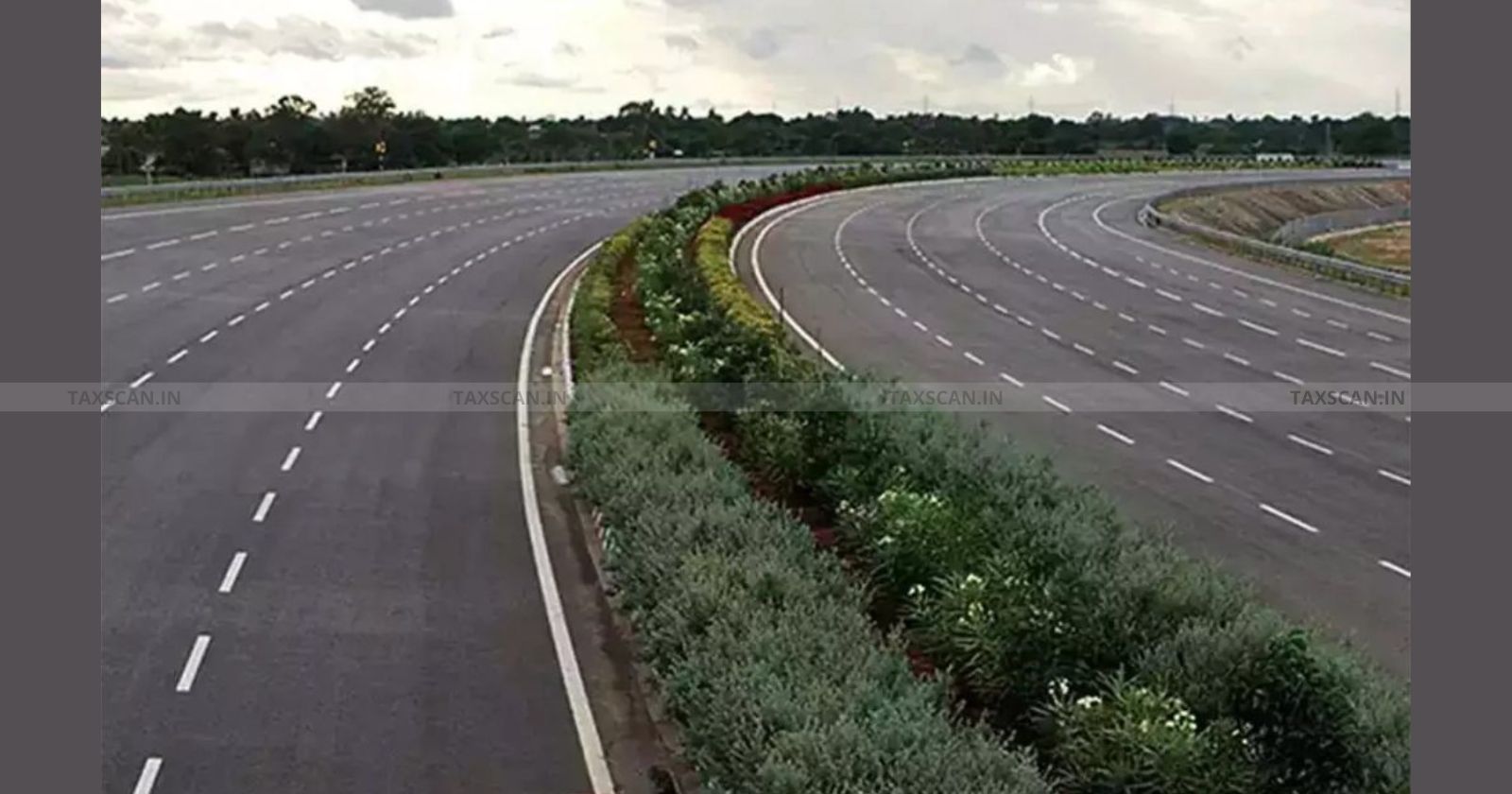Customs Authorities Can Issue Notices Even If a Trade Agreement Exists: Bombay HC Upholds SCN Against Importers [Read Order]
The Bombay High Court rules that customs authorities can issue show cause notices despite the existence of a Free Trade Agreement
![Customs Authorities Can Issue Notices Even If a Trade Agreement Exists: Bombay HC Upholds SCN Against Importers [Read Order] Customs Authorities Can Issue Notices Even If a Trade Agreement Exists: Bombay HC Upholds SCN Against Importers [Read Order]](https://images.taxscan.in/h-upload/2025/06/18/2049970-customs-customs-authorities-issue-notices-trade-agreement-exists-taxscan.webp)
In a recent ruling, the Bombay High Court held that the customs department has the power to issue show cause notices (SCNs) even when a Free Trade Agreement (FTA) like the ASEAN-India FTA is involved. The court rejected the importers’ plea that the customs authorities could not take action without first using the dispute resolution process under the trade agreement.
Purple Products Private Limited filed a writ petition challenging the SCNs issued under Section 28 of the Customs Act, 1962. The company had imported tin ingots from Malaysia and claimed duty benefits under Customs Notification No. 46 of 2011, based on Certificates of Origin (COO) issued by Malaysian authorities. The customs department later alleged that the regional value content (RVC) of these imports was falsely declared as above 35% to wrongfully claim benefits.
 Also Read:Club Providing Ad Display Space Doesn’t Qualify as Advertising Agency, May Attract BAS: CESTAT [Read Order]
Also Read:Club Providing Ad Display Space Doesn’t Qualify as Advertising Agency, May Attract BAS: CESTAT [Read Order]
The petitioner’s counsel argued that under Article 24 of the ASEAN-India FTA, any dispute about the origin or value content of goods had to be resolved between the governments involved before any domestic action could be taken. They said the customs department did not have the jurisdiction to act without first following this process.
Stay Updated with the Latest Audit Report Formats & Audit Trials Requirements!, Click Here
The customs department’s counsel argued that Article 24 had not been made part of Indian law through any statute. Therefore, it could not stop the department from using powers granted by the Customs Act. They also stated that investigations had revealed fraud and misrepresentation in multiple cases involving similar imports.
 Also Read:No Service Tax Exemption for Roofs Over Mandi Roads: CESTAT Rules Structure Not Meant for General Public Use [Read Order]
Also Read:No Service Tax Exemption for Roofs Over Mandi Roads: CESTAT Rules Structure Not Meant for General Public Use [Read Order]
The court, led by Justice M.S. Sonak and Justice Jitendra Jain, observed that international treaties like the ASEAN-India FTA do not automatically become part of Indian law unless they are passed by Parliament. Since Article 24 had not been incorporated into any Indian law or rule, the court said it could not be enforced in Indian courts. The court also noted that the Customs Act clearly gave authorities the power to investigate and take action in cases involving fraud or misrepresentation.
The court dismissed the petition and held that the customs department had acted within its powers under the law. The court clarified that the petitioners must respond to the show cause notices, and their challenge based on the trade agreement could not be accepted.
Support our journalism by subscribing to Taxscan premium. Follow us on Telegram for quick updates


